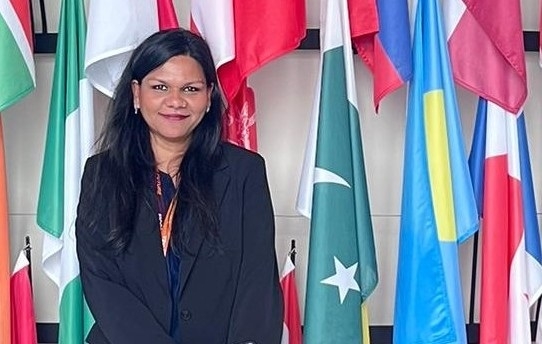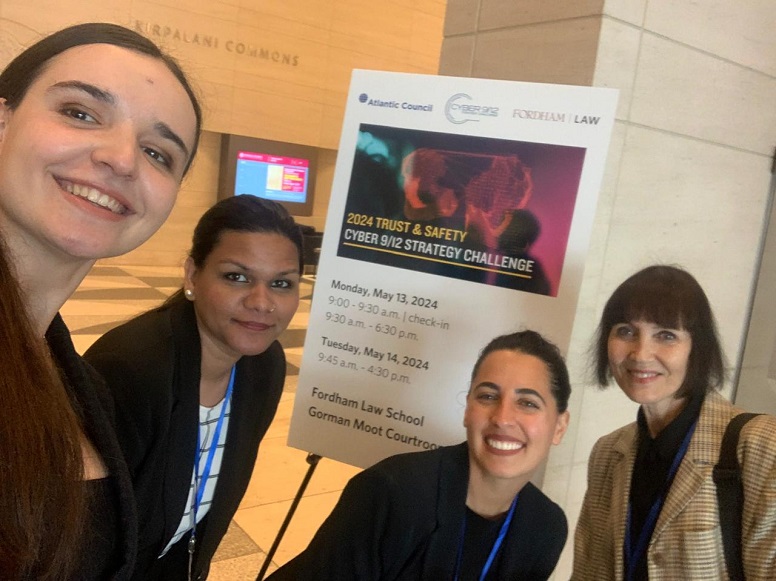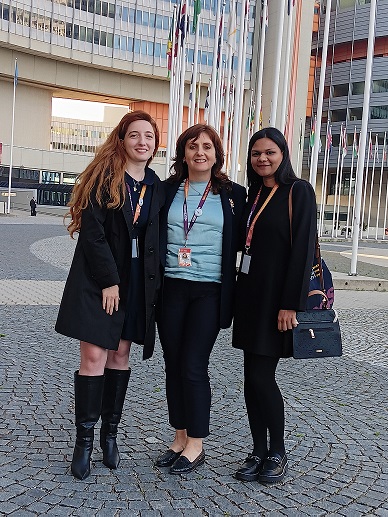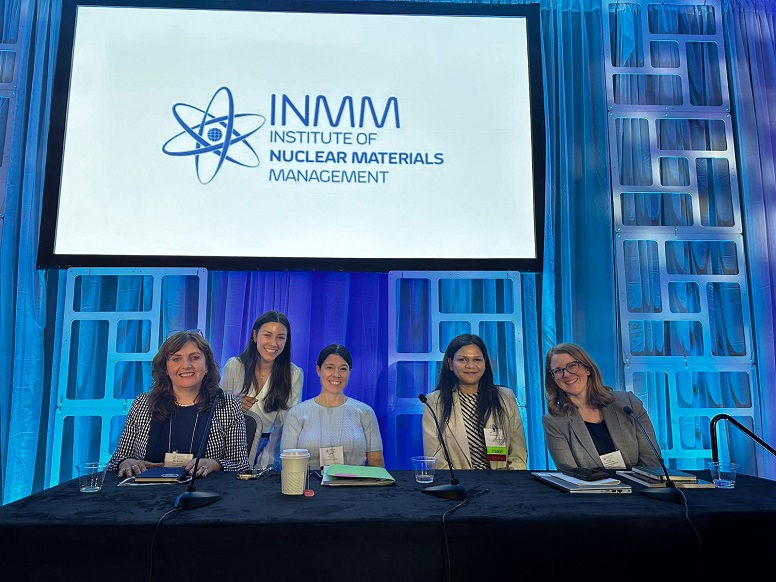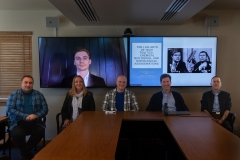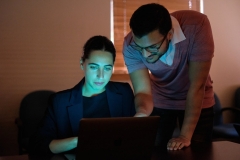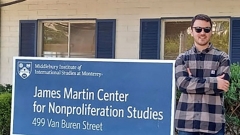Professor and Student Team Up on State-Sponsored Poisoning Briefing and Publication
| by Sierra Abukins
Even at the smallest scale—of a single individual—chemical, biological, and radiological (CBR) attacks can wreak significant havoc. Professor Philipp Bleek recently worked with student Greyton Kegler to shine light on the dynamics at play.

